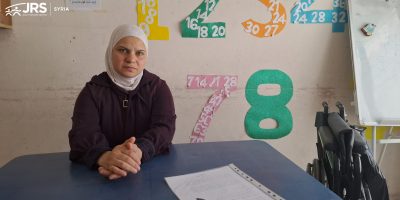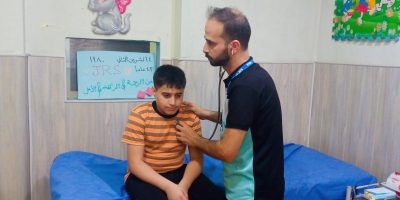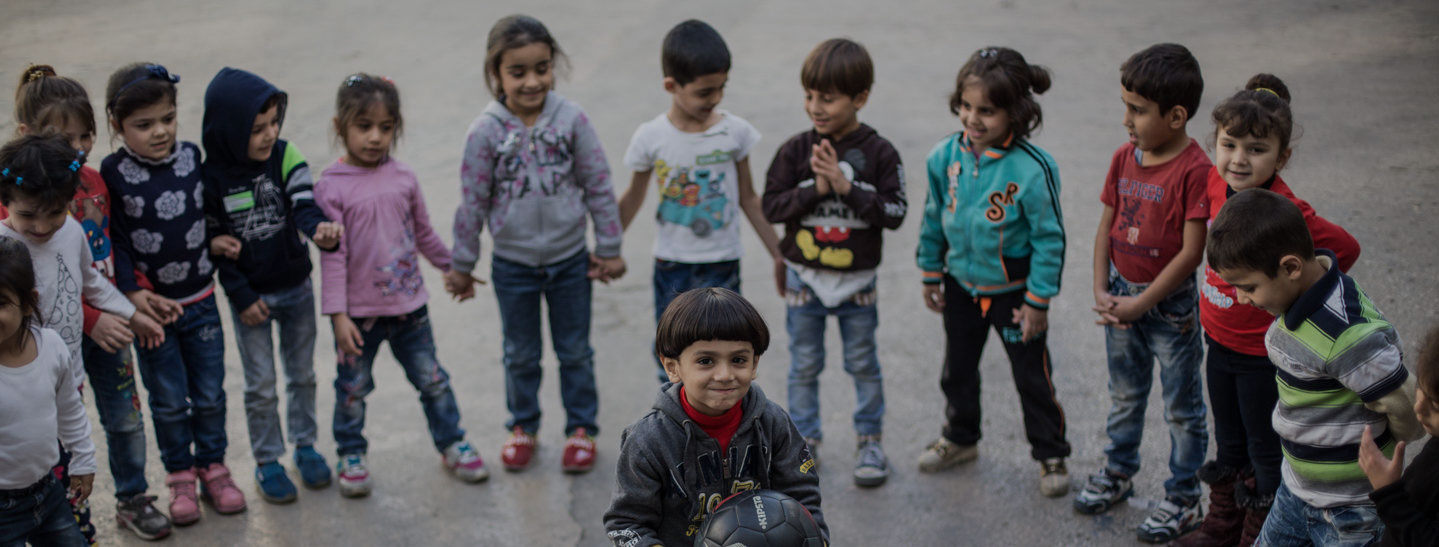Health Care
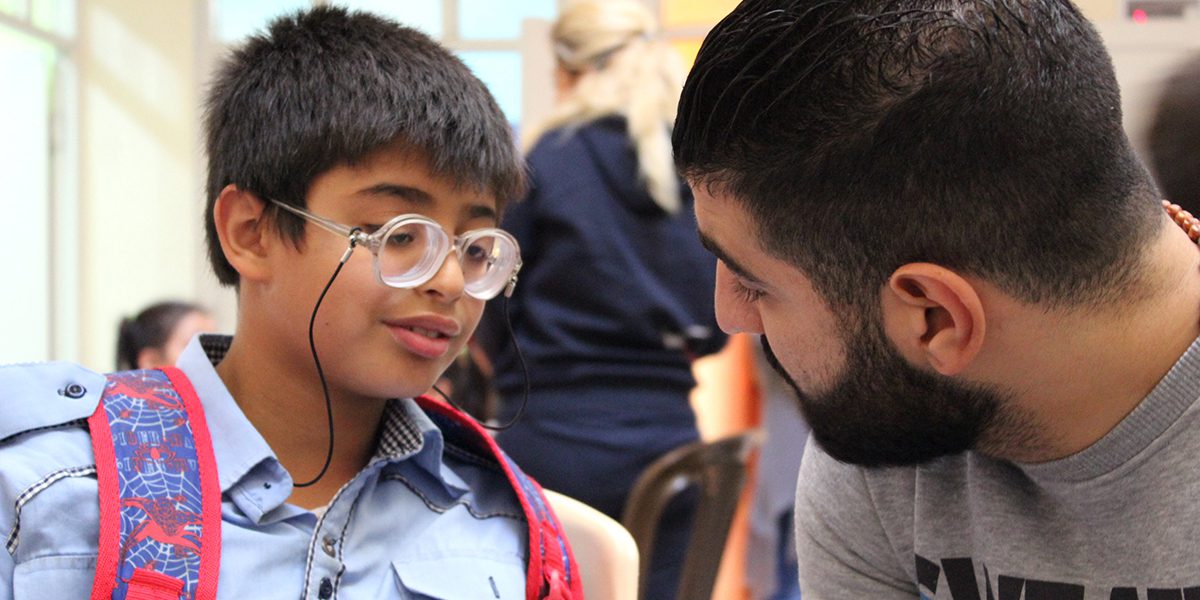
JRS provides refugees with access to health care services that include primary health care and preventive interventions that effectively reduce health risks.
In a context of war, poverty and protracted displacement, the spread of disease and the access to healthcare in the Middle Eastern countries has become more and more difficult.
Child labour is nowadays highly spread, and many of them are obliged to work in unhealthy environments where they are exposed to high weightlifting, respiratory illnesses, and malnutrition.
Due to under-nourishment, significant numbers of infants and children are not reaching key physical development milestones, and mothers are using rice paste (grounded rice mixed with water) to feed their babies due to the high costs of infant formula.
Households are often unable to provide cleaning materials, and many live in poorly ventilated and unhygienic settings such as underground car parking. Such living conditions give rise to spread of many diseases such as parasites (lice, scabies) and enterovirus (echovirus and coxsackievirus).
The deficiency of essential health services remains a major challenge in Syria for example. Poor infrastructure, a lack of consistent power supply, and poor WASH conditions in healthcare facilities have hampered the health system’s functionality, including access to quality primary and secondary health services.
As of today, 43% of public hospitals in Syria and 44% of primary health care facilities are either partially or completely non-functioning. The increased cost of care and limited number of health services providers is affecting 12.4 million Syrians who are considered in need of life-saving health assistance. This puts health assistance as a main priority need across the country, especially for maternal, neonatal, and child health services as well as treatment for non-communicable diseases (i.e., diabetes, hypertension, chronic respiratory diseases, and cancer).
To respond to these needs, JRS Syria offers healthcare services to vulnerable populations in Jaramana (Damascus) and in Eastern Aleppo, both greatly affected by war and internal displacement. The several health centres contain clinics (consultations and follow up of internal medicine, gynaecology and paediatric) and pharmacy (medication distribution for chronic and non-chronic diseases), including a referral system implemented in cooperation with a network of both other charitable organizations and local hospitals operating in the local vicinity. The referrals allow patients to access specialties such as neurology, oncology, orthopaedics, cardiology, urology, etc. The project also offers awareness raising sessions to educate the population on how to prevent risks of health issues, together with MHPSS interventions to protect individuals in risk of GBV.
The Health project is an integrated gender-responsive program that aims at reducing suffering, maintaining human dignity, and saving lives among crisis-affected communities, especially vulnerable children, women and girls.
JRS delivers an integrated package of community-focused interventions that ensure access to safe and dignified health facilities and services, including sexual and reproductive health, maternal health services and specialised paediatric services.
Programme Stories
A Second Chance: Salem’s Journey of Survival and Hope
26 August 2025
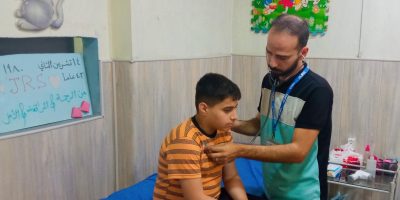
Salim’s Wheelchair Story: A Hope That Death Couldn’t End
08 August 2025
